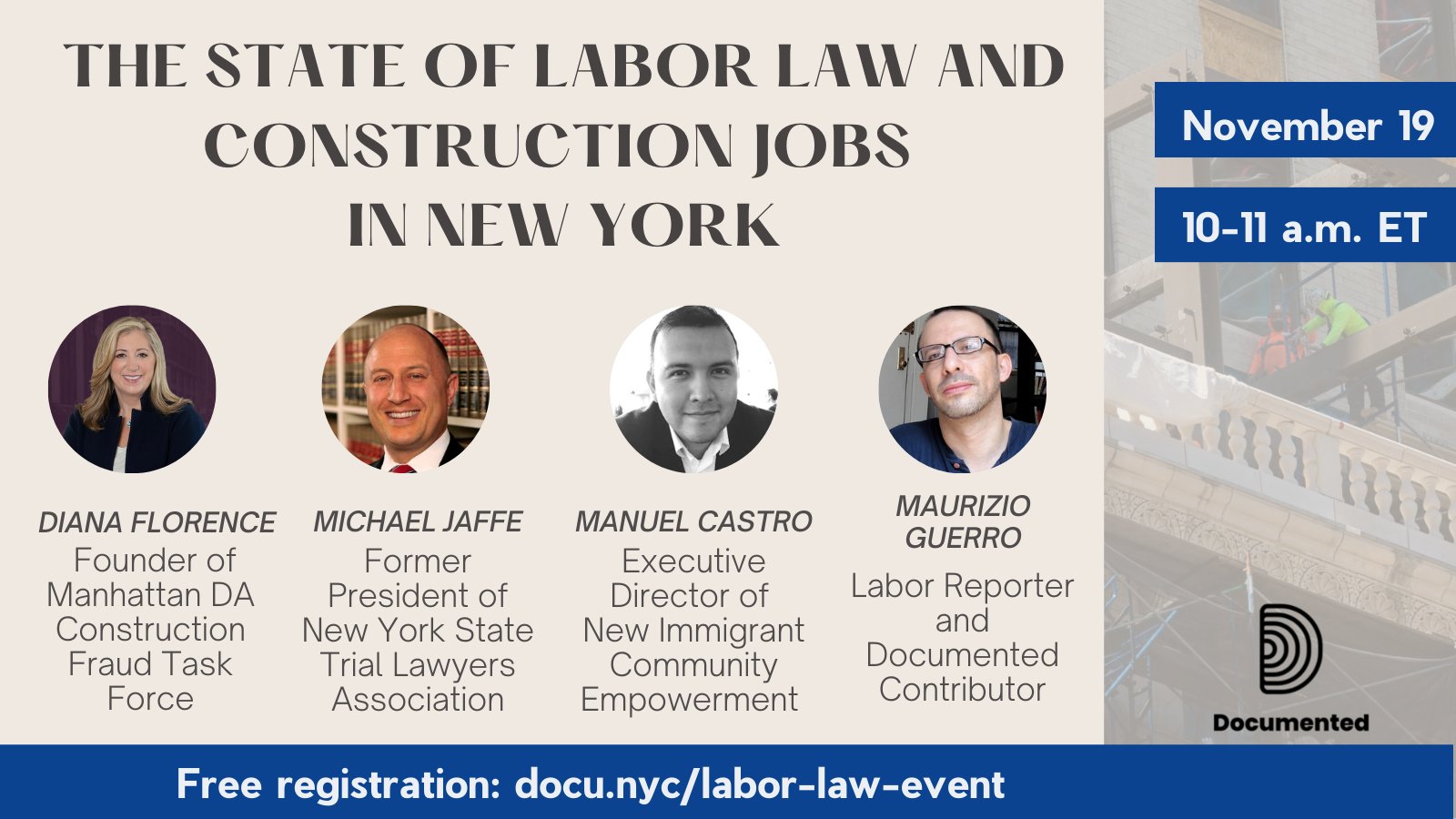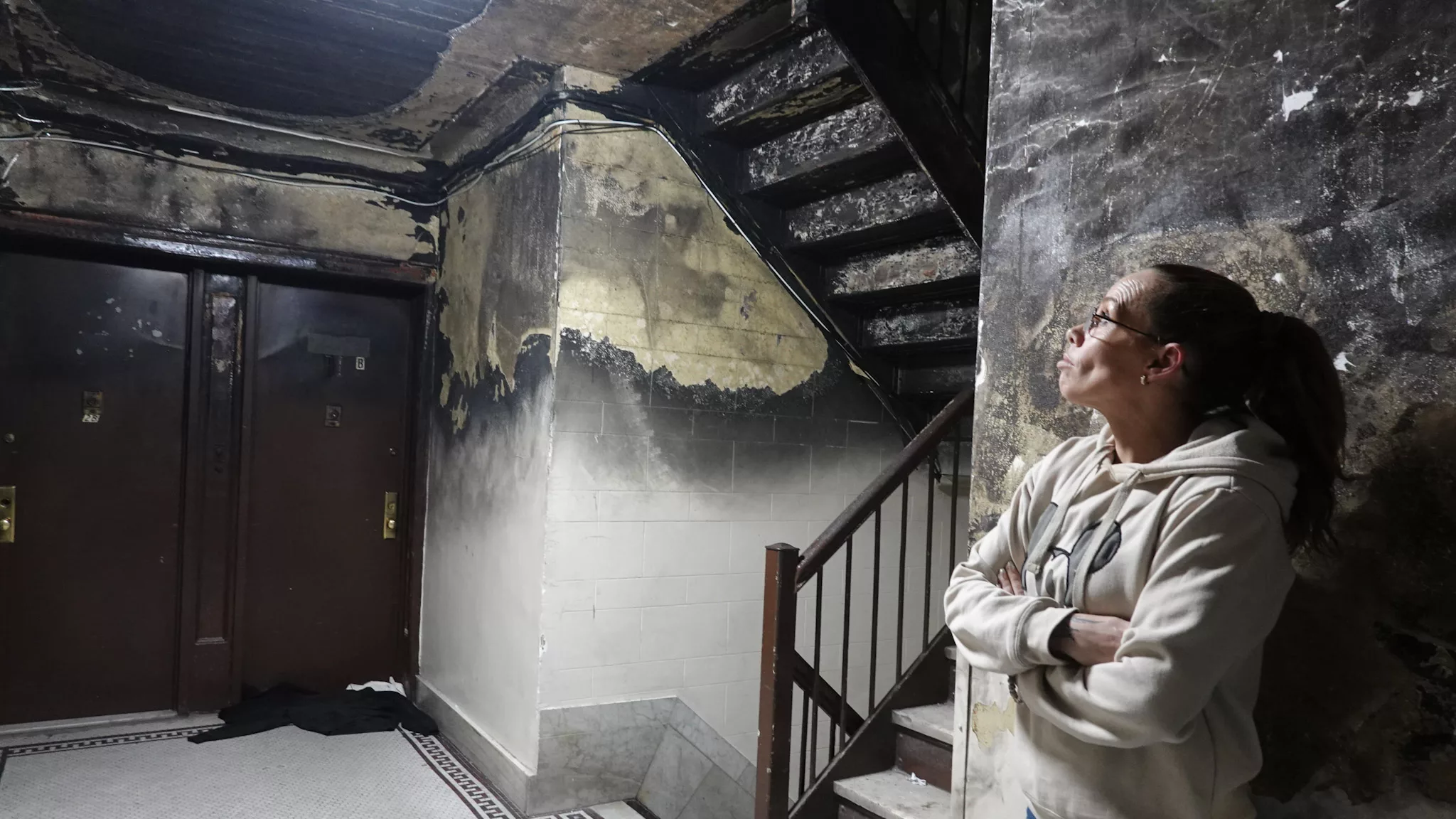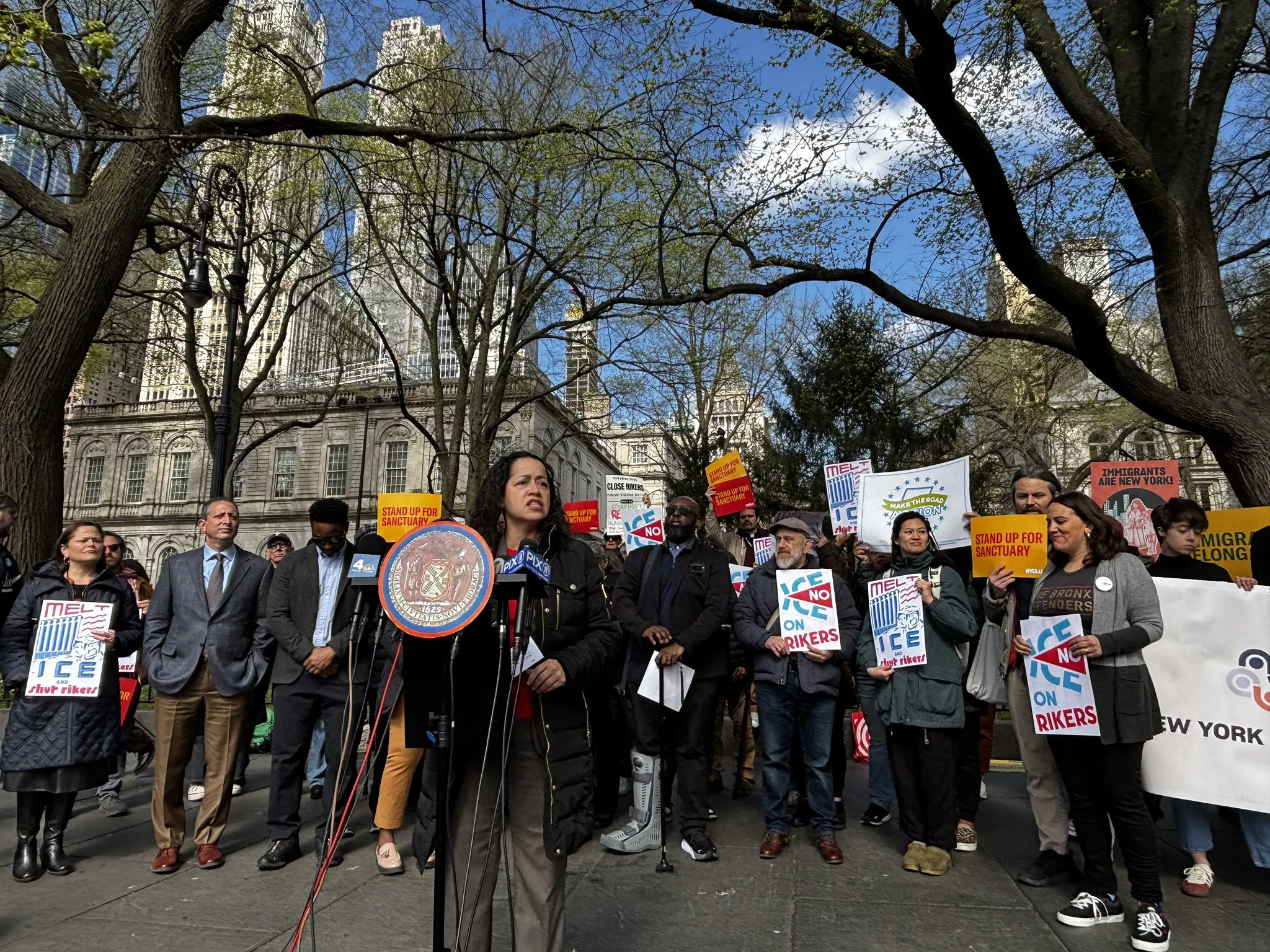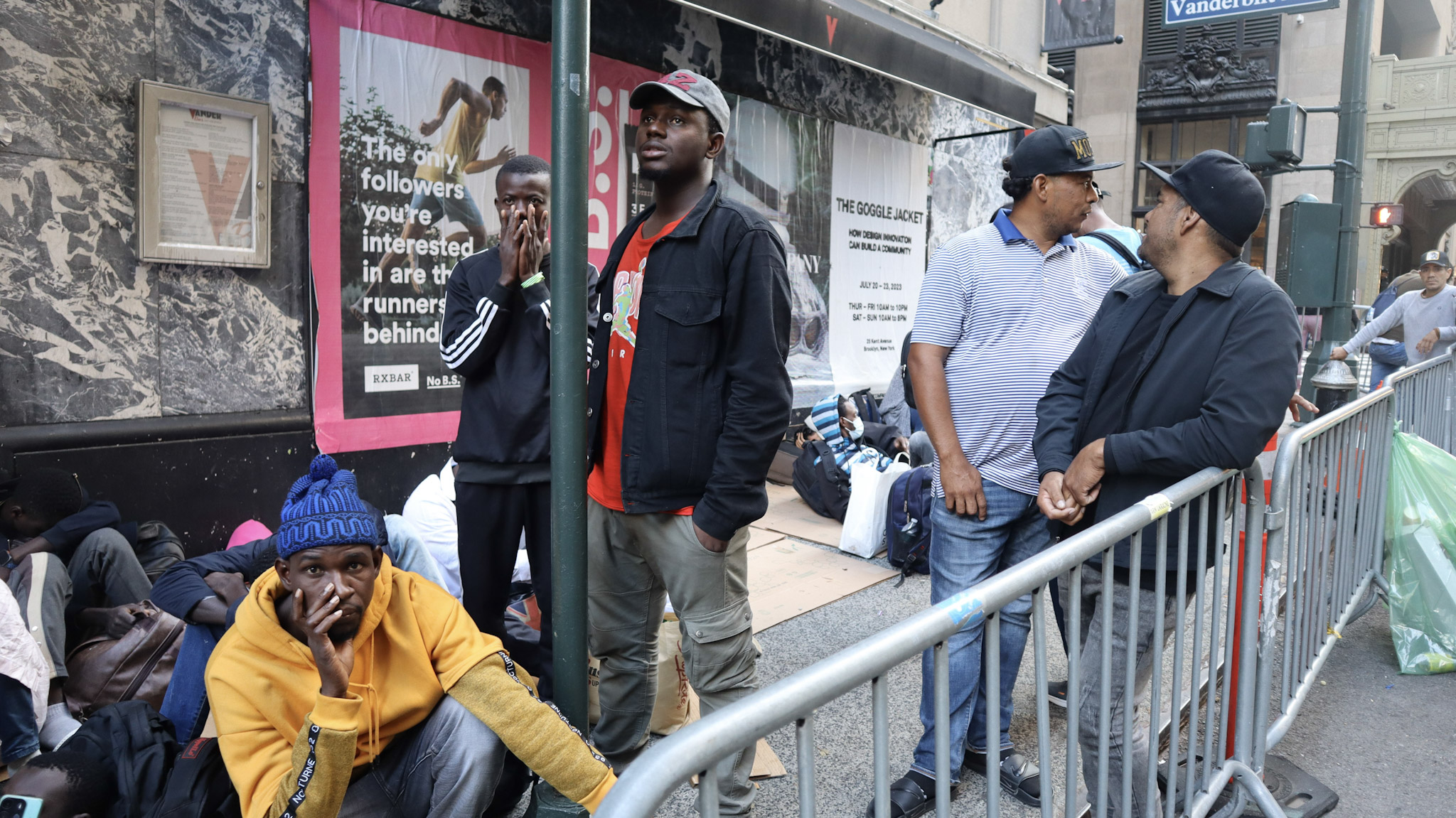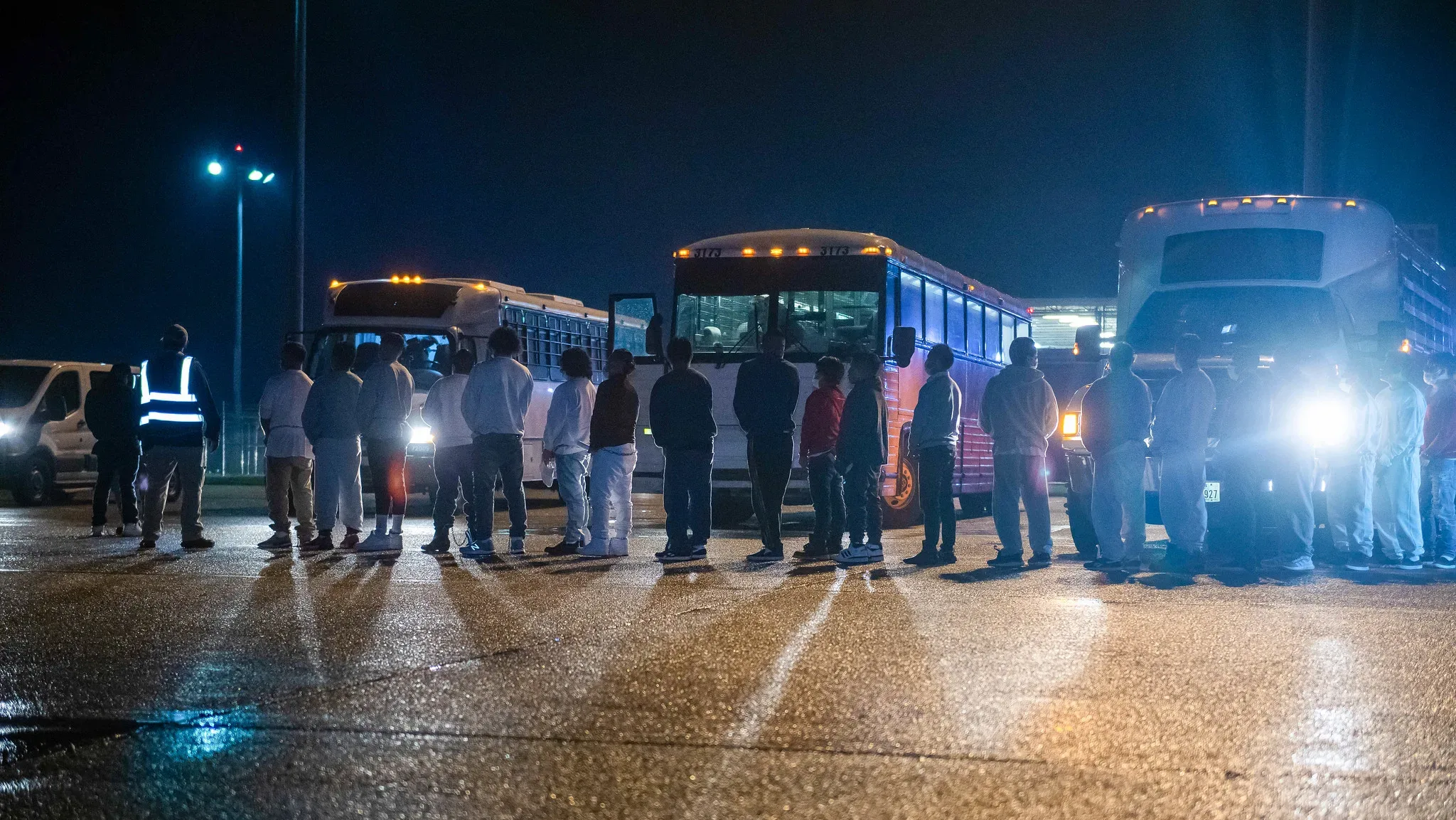The deaths of construction workers, many of whom are undocumented immigrants, go unaccounted for every year. These workers are often economic pillars whose wages sustain their families locally and abroad, who, after their passing, are left without financial support or very little compensation if at all.
There is no registry in realtime of how many construction workers die in New York, construction companies and developers frequently use tactics to avoid accountability for the deaths of their workers, circumvent state’s labor laws, and often face few consequences for the loss of a life at their construction sites.
This was the topic for the Documented’s eighth panel discussion, where industry experts spoke about The State of Labor Law and Construction Jobs in New York.
The discussion was led by Maurizio Guerrero, an investigative labor reporter and Documented contributor, who spent several months writing a series about the deaths in the construction industry, as Documented’s inaugural Isaac Rauch Immigration Policy Reporting fellow, and how few companies are held accountable for dangerous conditions. The panelists included:
Diana Florence – Former Manhattan District Attorney candidate and 25 year prosecutor and creator of the Construction Fraud Task Force.
Michael Jaffe – Former president of NYSTLA and current Chair of its Labor Law Committee.
Manuel Castro – Executive Director of New Immigrant Community Empowerment (NICE), a nonprofit organization dedicated to improving the lives of immigrant workers in New York City.
This event was part of a series Documented created in response to requests from our readers and is part of the Documented Community membership program. Recordings of the event are restricted to Documented members only. To gain access to this exclusive content, you can become a member here.
How We Covered It: Undocumented Construction Worker Falls to His Death and Developers Deny It
Transparency, Labor Law, Rights and Unions
The biggest problem that Guerrero found in his investigation was the lack of transparency due to the absence of a real time registry that could keep track of the number of deaths of construction workers. He mentioned that the latest figures available date back to 2019, where only 60 deaths were reported. “We cannot really know what is going on, what happened in 2020, what is happening this year, throughout the pandemic, apart from the media reports,” he said during the event.
In the series that he wrote for Documented, Guerrero also found that developers often face fines that are very low — sometimes about the same as a square foot of the development where the death occurred.
There have been roughly 500 construction worker deaths in the past decade in New York alone, said Castro. He noted that the misfortunes of the construction industry have received little attention when compared to other industries that have seen other types of responses in moments of tragedy.
He also emphasized the importance of Workers’ Centers, as well as the need of unions for undocumented immigrants who face extreme difficulty accessing apprenticeship programs due to their status. “A lot of workers are not unionized but need support… to understand what their rights are and what to do when their rights are violated,” he said.
Florence, who has led many investigations into companies that have committed fraud, added that the sector for non-union labor has seen a high demand and is on the rise. Certain developers are hiring specifically non-union members. This practice has made reporting injustices difficult, with workers having to rely their narratives to worker centers or community based organizations to have their concerns heard.
How We Covered It: Developers Want to Make One Of NYC’s Most Dangerous Jobs Even Riskier
The lack of organization also puts them at risk of wage-theft, due to the business decisions that developers take. Because they cannot skimp on materials, or rentals of equipment, they create an unsafe environment for the workers. In one of Florence’s investigations, she found reams of Excel spreadsheets where employers changed the cost of labor from $125,000 to $80,00. Then systematically reduced the salaries of the workers. If employee A was due $1,000 for 60 hours, they would instead be paid $750 for the same amount of hours.
“It’s not that the company had a thing against John Doe, it’s that they saw that, of all the things on their balance sheet that they could sort of cut corners on, where they could actually sort of maximize their profit, was on the backs of workers. And that’s something that we saw time and time again,” she said.
Jaffe, who has represented clients who have suffered accidents in construction sites, echoed the importance for individuals to knowing the laws governing labor and their rights at the workplace.
“Most of my clients who are undocumented when an accident happens, they don’t know whether to report the accident, they don’t know whether or not to call the police, call an ambulance. They’re fearful, and they don’t understand that they have the exact same rights as everybody else on that project, whether they’re undocumented, documented, union, non-union. It doesn’t matter. The labor law protects everybody across the board and doesn’t care.”
He recalled the story of a client who had fallen and broken his leg at a construction site. The worker was told to wait and not go to the hospital by the employer. The worker went to work injured the next day, and his employer directed him to the hospital, telling him to report that he had fallen in his kitchen. While the worker was able to get some compensation, the report at the hospital made it difficult for the company to be held liable due to the incident being reported as happening outside of the worksite.
Join our community to support, access and watch the full discussion.
